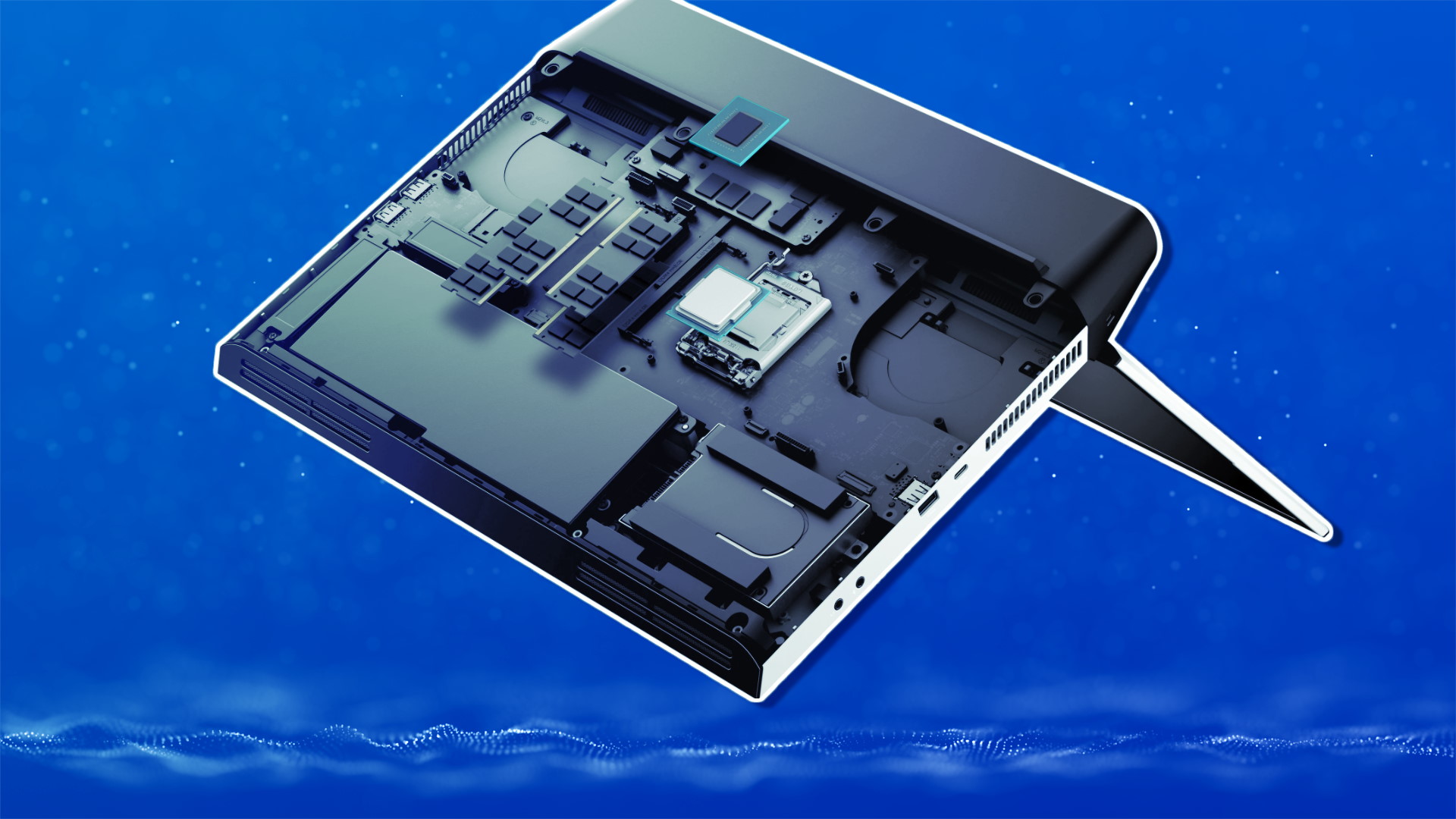
The condition ‘stretch the truth’ is a well-known state use when someone tell the truth but either omits or exaggerates sealed detail as a means to deceive the listener. That’s essentially what the current Dell lawsuit is for, involve it, its Alienware laptops and an American homo name Robert Felter. The matter involve the upgradability of the Dell-made Alienware area 51-m R1 gaming laptop which Dell claim has to be more upgradeable than it is in reality.
The laptop was uncover in 2019 and advertise to have a fully user-upgradeable CPU and GPU, something that’s quite rare in the Earth of gaming laptops.
According to the lawsuit, Dell’s Alienware representatives initially told the media that the CPU of the Area 51-m was upgradable as long as it used Intel’s Z390 chipset. Alienware Area 51-m R1 laptops then shipped using Intel CPUs ranging from the 9th-gen core desktop processors up to the Core i9-9900K. As for the GPU, Dell created its Dell Graphics Form Factor modules for Nvidia graphic cards. But, the case against Dell is that there are more limitations than what was told to the public.
component Chaos

As it turns out, those with the top-of-the-line model were left out in the cold in terms of upgrades. David W. Kani, a lawyer, told Tom’s
that “Dell’s advertisement to the public didn’t place any restrictions on the upgradeability of the laptop. They also never disclosed that those with the highest spec CPU and/or GPU that their device would not be upgradeable.”
Dell’s own advertisements indicate that all model would be cover by the predict of upgradeability, therefore lead consumers to bribe the laptops with the stamp that any compatible CPUs and GPUs would be back in the future. The snapshot below, take nowadays just before publication, is from Dell’s own website where, again, no restriction of component is mention.
To make matters worse, back in May 2020, Dell released the Alienware Area 51m R2 — a refreshed model of the laptop. This added support for 10th gen Intel Core desktop CPUs, and more Nvidia GPUs. Support for the AMD Radeon RX 5700M was also added with this model. But, it wasn’t until the following month of June that Dell came forth and finally mentioned the upgradeability restriction
of both models of the Area 51-m.
How Dell ultimately nip itself in the arm has semen out in the court case — the lack of upgradeability of the CPU to the fresh Intel 10th-gen unit and the lack of upgradeability of the GPU to the Nvidia RTX superintendent 2000 series. This is a problem. Consumers would have to end up buy a rawlyfangled model or a laptop from an entirely different manufacturer with alike specification; both option are very expensive.
If Dell were more crystalline and concise with its messaging, then all of these seemingly “fiddling” caveats wouldn’t be lend up the means they are correct now. For now, the case is diplacidery being treat in American court.
[Thanks, Tom’s hardware
]
find any dell laptop gaming here
cheack Products about dell laptop gaminge
cheack Deals about dell laptop gaminge


0 Comments